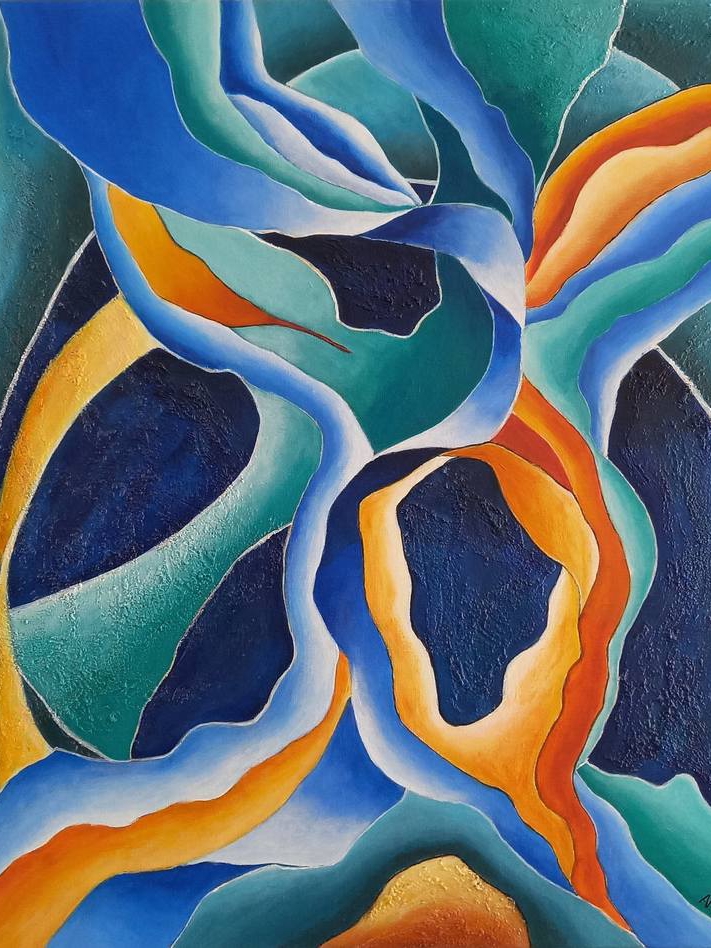1/1
Grids Meet Sunlight: Laís Amaral’s Art Unmasks Urban Myths in Brazil and Beyond
In the heart of São Gonçalo, Laís Amaral’s earliest drawings revealed a quiet tension—two self-portraits, one reflecting her reality, the other her aspirations, divided by skin tone and the weight of Eurocentric ideals. This early exploration of identity set the stage for a career that would challenge Brazil’s art world divisions between craft and fine art, especially for racialized women. Amaral’s journey took a decisive turn with the founding of Trovoa, a collective amplifying the voices of women artists and confronting the invisibility of non-white creators. Her materials often came from the street, and her canvases were as likely to be glass as linen, underscoring both resourcefulness and resistance. Her recent works, marked by incised grids and geometric patterns, probe the artificial boundaries of urban life—grappling with how cityscapes and colonial legacies shape the self. Amaral’s abstractions refuse easy labels, insisting on a space where color and form speak louder than stereotypes. In her hands, even the city’s gridlock becomes a meditation on freedom and constraint—a reminder that art can redraw the lines of belonging. #BrazilianArt #ContemporaryArtists #WomenInArt #Culture
2025-07-02
write a comment...
